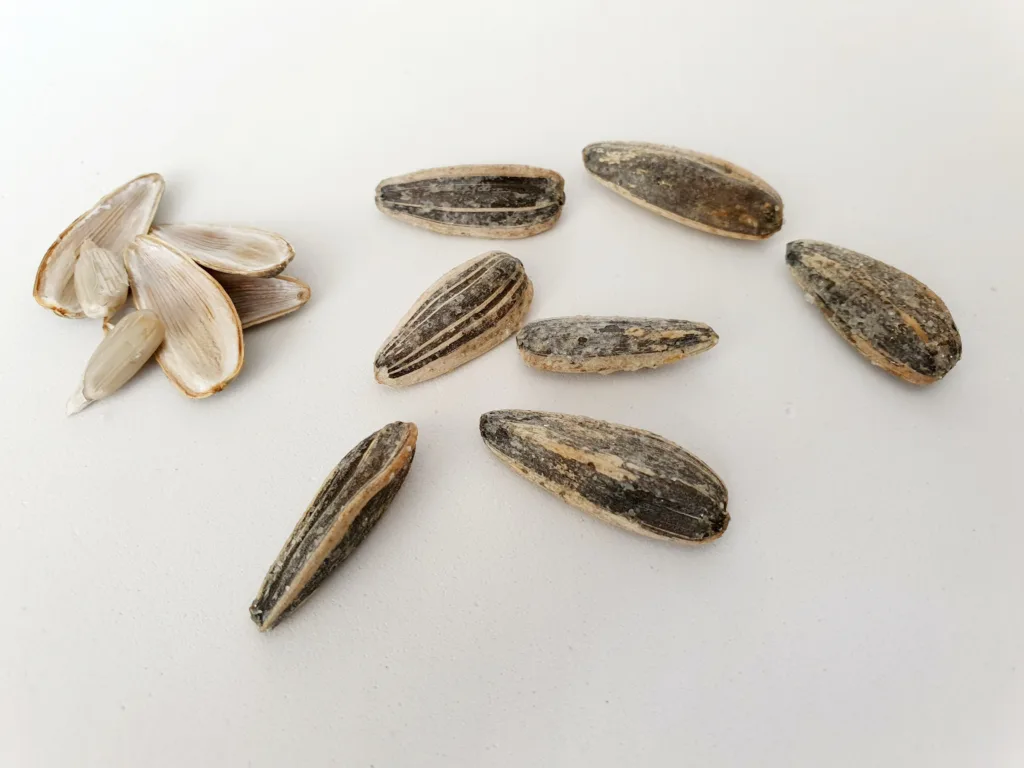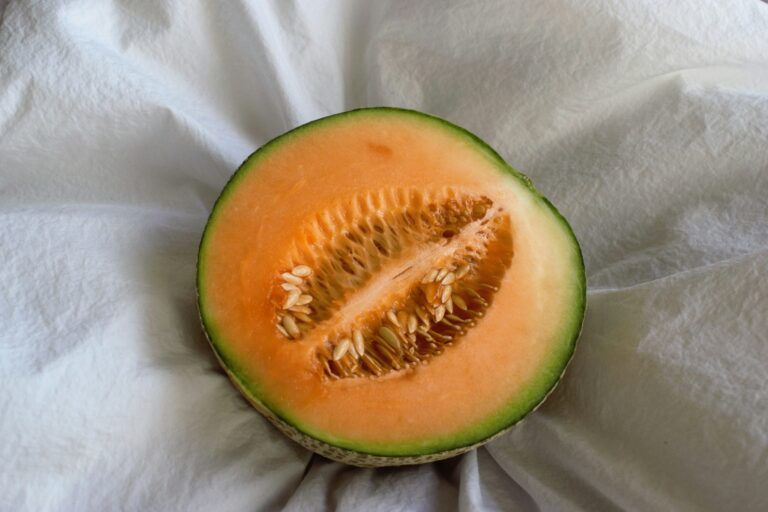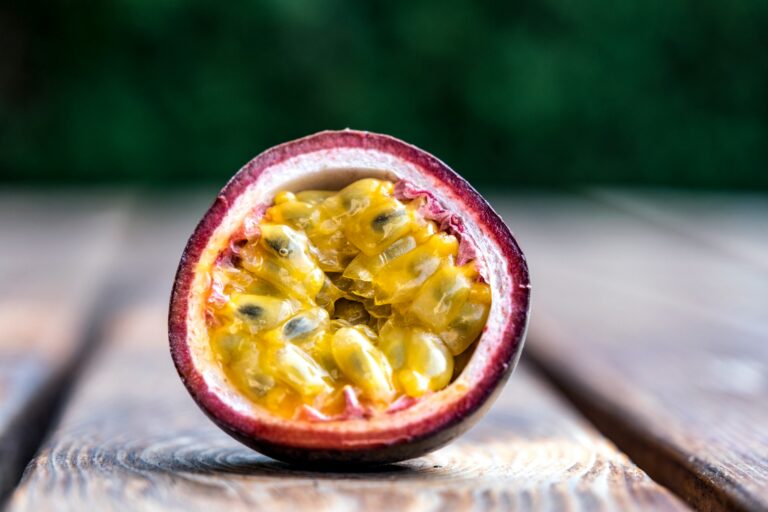The scientific name of the sunflower seed is Helianthus annuus. The sunflower was first grown by indigenous tribes over 4,500 years ago. Sunflower seeds are native to Native Americans who cultivated the sunflower’s first plant as bearing a large flower. It was also introduced as an oilseed crop in the 1960’s. Ukraine is the world’s largest producer of sunflower seeds.
Color: Two different types of seeds are produced by the sunflower, which is distinguished by the seed color. The oil-producing seed is black, while the edible seed is white with a black stripe.
Shape: Sunflower seeds are the fruits (achenes) of the sunflower. They have five tiny dark petals and bear a drop shape.
Size: The average size of a sunflower is about 250 cm and this is the maximum height. The size of the sunflower head ranges from 4-12 inches.
Flavor: Sunflower seeds have a mild, nutty flavor and a firm but tender texture. They’re often roasted to enhance the flavor.
Nutrients
Sunflower seeds are very beneficial for the human body as they are fully packed with nutrients. Here are the key nutrition facts for 100 grams of sunflower seeds:
- Calories 584
- Carbohydrate 20 g
- Saturated fat 4.5 g
- Protein 21 g
- Dietary fiber 9 g
- Potassium 645 mg
- Sodium 9 mg
- Sugar 2.6 g
- Total Fat 51 g
| How to grow Sunflower seeds? |
Plant the seed 6 inches apart and no more than an inch deep. Leaving the strongest plants about 13 inches apart. For continuous blooms, alternate your plant, sowing a new row of seeds every two to three weeks and this has to be done at the beginning of the spring.
Healthy Benefits of Sunflower Seeds
Sunflower seeds support your immune system and boost your energy level as they contain essential nutrients. Some of the beneficial effects of sunflower seeds are followed as:
Reducing inflammation
Sunflower seeds can reduce inflammation and act as an anti-inflammatory for those with chronic or short-term inflammation. Sunflower seeds contain vitamin E and flavonoids that can reduce inflammation.
Enhance Heart Health
Sunflower seeds are rich in “healthy fats” which are polyunsaturated fat and monounsaturated fat. Three to fourth cup cups of serving of sunflower seeds contains 14 gram of fats. Recent studies showed that the consumption of sunflower seeds was linked to lower rates of cardiovascular disease, high blood pressure, and high cholesterol levels.
Promoting the Immune System
Sunflower seeds contain zinc and selenium. Sunflower seeds are a rich source of many minerals and vitamins that can increase your ability to fight off viruses and support your immune system. Zinc plays a vital role in the immune system, helping the body maintain and develop immune cells. Selenium also plays a role in reducing inflammation, boosting immunity, and fighting infections.
Boosting energy levels
The high levels of protein in sunflower seeds already help boost your energy levels, other nutrients like vitamin B and selenium can help keep you energized. The vitamin B1 (also known as thiamine) present in sunflower seeds can help you convert food to energy, which can keep you active throughout the day. Selenium can increase blood flow and transfer more oxygen to your body.
Maintaining the Sleep Cycle
Sunflower seeds are a good source of serotonin. Serotonin can regulate your sleep-wake cycle. Melatonin is a hormone required for proper sleeping.
Beneficial for Diabetic patients
Chlorogenic acid in these delicious seeds improves glucose & lipid metabolism and can help manage blood sugar levels. Moreover, the seeds are low in glycemic index. Eating them will not disturb the blood sugar levels in the long run; it is essential for diabetes management.
Side Effects of Sunflower Seeds
It is important to note that with many benefits, sunflowers also have many harmful effects. Their excess consumption causes many serious diseases such as stomach ache, Vomiting, and constipation. Some of them are discussed here:
Allergy
Sunflower seeds are an allergen for those people who are allergic to peanuts and tree nuts than others. Allergic patients can cause skin irritation and respiratory difficulties.
Constipation
Eating large volumes of sunflower seeds has been known to cause constipation. Try to avoid excess taken of sunflower seeds
Breathing problems
People allergic to sunflower seeds may show symptoms like vomiting, rashes, swelling itching around the mouth, and breathing problems. Sunflower seeds are rich in calories. Consuming too many sunflower seeds may lead to weight gain.
FAQ
What are the benefits of eating sunflower seeds?
Sunflower seeds are very beneficial for the human body as they are fully packed with nutrients. Sunflower seeds are rich in healthy fats that support heart health it also helps to reduce inflammation and boost your immune system.
Can I eat sunflower seeds every day?
It is okay to eat sunflower seeds every day, 1-2 teaspoons or 28 grams is the recommended daily intake. So long as you consume modest amounts of sunflower seeds each day you shouldn’t have any problems but it is good to consult with your dietitian first.






